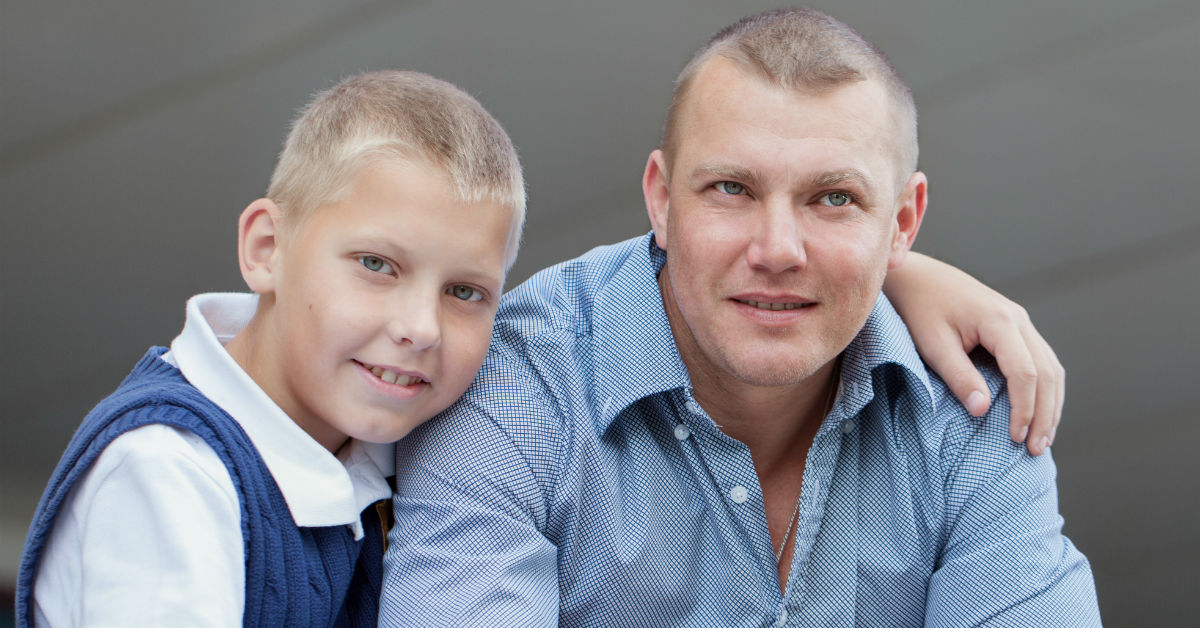When your child is struggling, whether that is with behavioral problems, violent outbursts, drug addiction or mental illness and depression, it can be hard to know where to turn to. So many of the symptoms are terrifying and are new territory for most parents.
Though therapy and medication can be helpful for some, they aren’t always enough for more severe cases. That is when a residential treatment center may be recommended as an option.
Is a Residential Treatment Center a Rehab?
Residential treatment centers are a blanket facility that is used for a number of purposes. They have programs to assist with mental health, behavioral health, criminal tendencies, drug addiction, eating disorders and more. Some are specifically tailored towards substance abuse.
How Secure is a Residential Treatment Center?
Residential treatment centers are lock down facilities that require an inpatient stay. This could be for a few days, a few months or even a year. They are built to be secure so patients are always accounted for. However, in some states a teenager – even underage – can choose to leave the facility on their own. Check your state’s laws for more details.
Can I Visit My Child In a Residential Treatment Center?
Residential treatment centers have visiting hours, special family days and regular communication. It is crucial that as a parent you remain a part of their treatment. Not only is this for your child’s benefit, but also to assist you and your family in making the transition when it comes time for your child to return home. Centers located in other states set up regular video and audio calls for families.
Are Therapeutic Boarding Schools The Same as Residential Treatment Centers?
A therapeutic boarding school is a program that is half in-house intensive therapy and half academic improvement. They work with your child to get their grades up, catch up with peers and prepare themselves to do better in school when they return home. These programs usually last between twelve and eighteen months.
How Much Does a Residential Treatment Center Cost?
Residential treatment centers vary in cost, depending on facility, length of stay and treatment. Most insurance plans have some kind of mental health coverage that could mitigate some of the costs. Therapeutic boarding schools cost an average of $60,000 a year, but include room and board, as well as education and therapy costs.
Find out more at Help Your Teen Now.











0 Comments